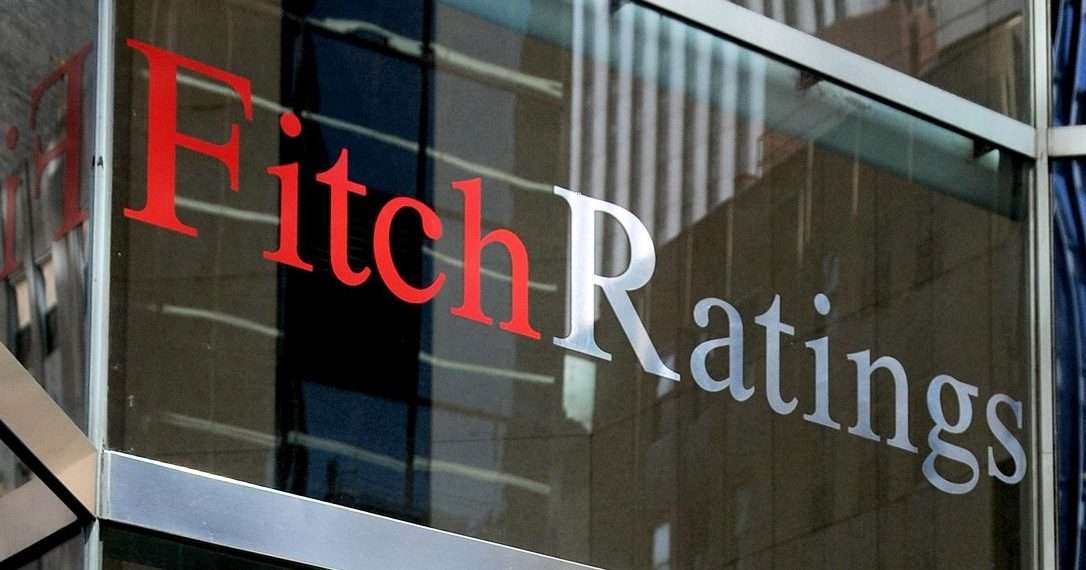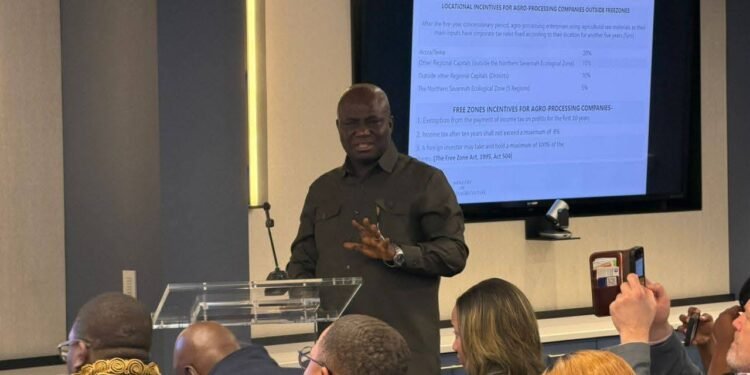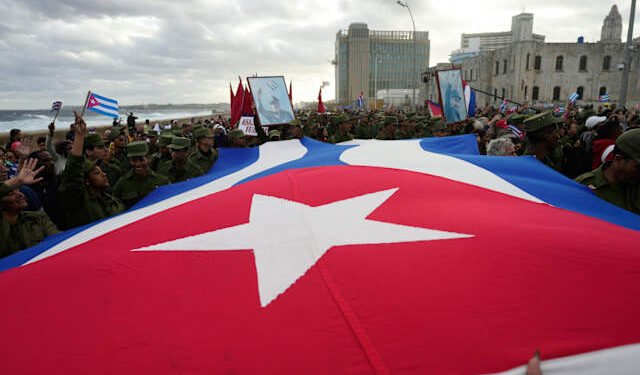Fitch Ratings has updated its Outlook on the Long-Term Issuer Default Ratings (IDRs) of five prominent banks and one bank holding company from stable to positive.
The banks affected by this revision include Access Bank Plc, Zenith Bank Plc, United Bank for Africa Plc (UBA), Guaranty Trust Bank Limited (GTB), Guaranty Trust Holding Company Plc (GTCO), and Bank of Industry Limited (BOI). Despite this optimistic shift, their Long-Term IDRs remain affirmed at ‘B-‘.
The revision of the Outlooks on the Long-Term IDRs of Access Bank, Zenith Bank, UBA, GTB and GTCO mirrors the recent sovereign Outlook revision and reflects Fitch’s view that Nigeria’s Long-Term IDRs are likely to represent less of a constraint on the issuers’ standalone creditworthiness in the near term.
RelatedPosts
The revision of the Outlook on BOI’s Long-Term IDR reflects our view that the government’s ability to provide support to the policy bank is likely to improve.
The revision of the banks which are mostly Nigerian Banks, partly reflected government reforms over the last year to support the restoration of macroeconomic stability and enhance policy coherence and credibility. Exchange rate and monetary policy frameworks have been adjusted, fuel subsidies reduced, coordination between the ministry of finance and the Central Bank of Nigeria (CBN) improved, central bank financing of the government scaled back and administrative efficiency measures are being taken to raise the currently low government revenue, as well as oil production.
The issuers’ National Ratings are unaffected by the event. As a policy bank, BOI’s Government Support Rating (GSR) has been affirmed at ‘b-‘. The GSRs of the other issuers are unaffected.
Viability Ratings and Standalone Creditworthiness
The Long-Term IDRs of Access Bank, Zenith Bank, UBA, GTB, and GTCO are underpinned by their standalone creditworthiness, as indicated by their Viability Ratings (VR) of ‘b-‘. These VRs are constrained by Nigeria’s sovereign Long-Term IDRs due to significant sovereign exposure, including fixed-income securities, cash reserves, and foreign exchange (FX) swaps with the Central Bank of Nigeria (CBN) relative to their capital.
Despite these constraints, the VRs also reflect the banks’ robust business profiles, characterized by substantial market shares and revenue diversification, strong profitability, and large capital and foreign-currency liquidity buffers. The positive outlook on the Long-Term IDRs mirrors the sovereign outlook, acknowledging the improvements and ongoing reforms in Nigeria’s economic landscape.
Even with the positive sovereign Outlook, operating conditions for Nigerian banks remain challenging. Recent reforms have introduced significant near-term credit and market risks to the banking sector. The Nigerian naira has devalued by over 65% against the US dollar since the end of May 2023, exerting pressure on banks’ capitalization and escalating credit concentration risks. The FX market remains volatile and has yet to stabilize.
Moreover, inflation has surged, reaching 33.2% in March, driven partly by exchange rate pass-through and rising food prices. Inflation is forecast to remain high in the near term, projected at 26.3% for 2024. These inflationary pressures compound the challenges faced by the banking sector, affecting profitability and operational stability.
Despite these headwinds, the VRs of the banks—particularly Zenith Bank, UBA, GTB, and GTCO—remain one notch below their implied VRs of ‘b’, reflecting the constraints of the operating environment and sovereign rating.
However, the banks maintain strong business profiles with significant market shares, diversified revenue streams, and robust capital and liquidity positions, which provide resilience against the challenging economic backdrop.
READ ALSO: Blinken Defends U.S Support For Israel























